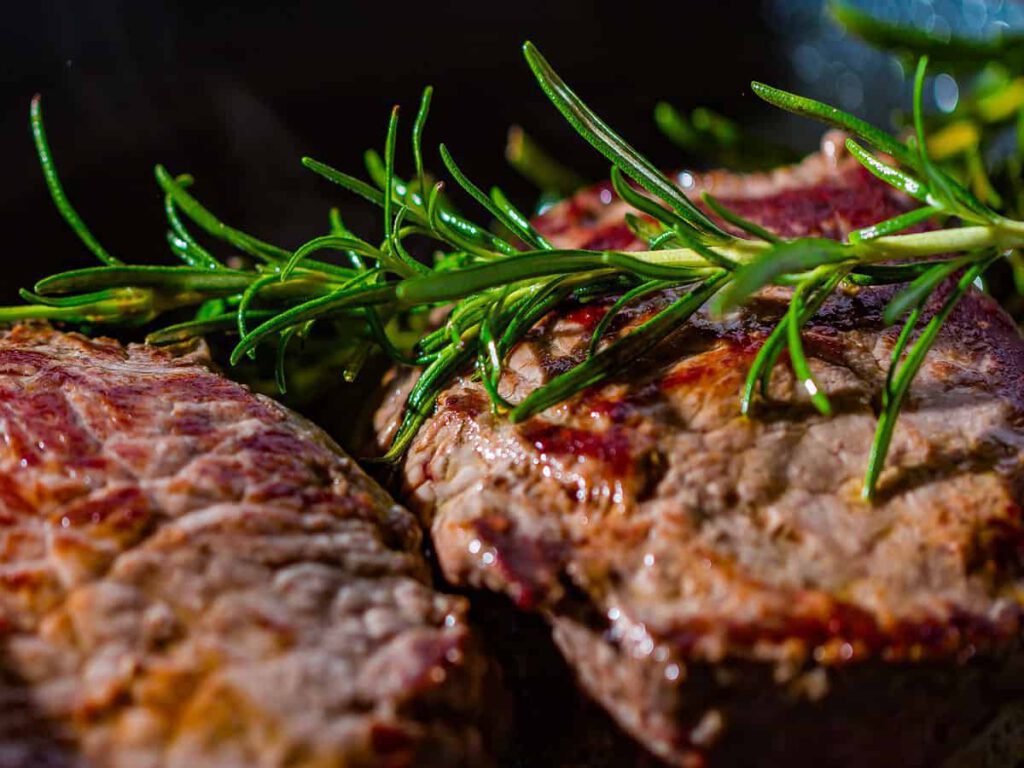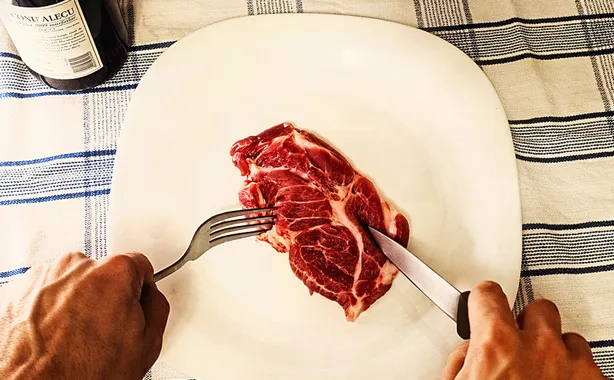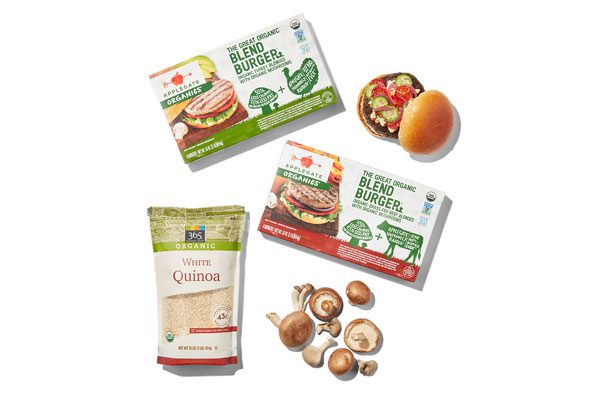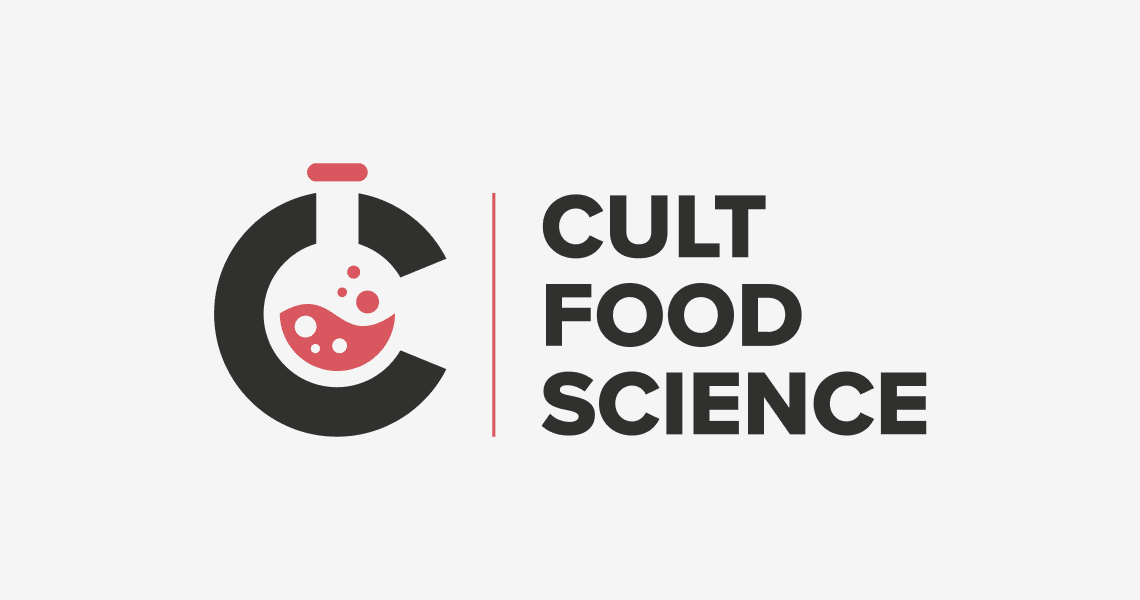Climate impact of beef worldwide is far higher than that of microbial-meat alternatives, according to a new study from the Potsdam Institute for Climate Impact Research
Replacing just a fifth of global beef consumption with fungi-based meat alternative products by 2050 could halve deforestation worldwide, as market-ready microbial proteins require far smaller amounts of resources and land-use to produce, a fresh scientific study has found.
Beef is one of the world’s biggest drivers of deforestation thanks to the vast amount of land required for cattle, which is often secured by clearing forests and other biodiverse habitats. Demand for beef worldwide is also continuing to increase, which is in turn leading to on-going deforestation and shrinking the capacity of the world’s forests to soak up carbon in the atmosphere.

But analysis by the Potsdam Institute for Climate Impact Research (PIK) released this week indicates that replacing just a fifth of the world’s growing beef consumption over the next 30 years with market-ready microbial proteins could significantly curb the devastating climate impact of the meat sector.
That is because plant-based burgers, mince, and other alternative meat products made from fungi – myriad options for which have long been widely available on supermarket shelves – are similar in taste and texture to beef yet have a much smaller impact on land resources and therefore generate fewer greenhouse gas emissions from agriculture and land-use change, it said.
The research, published on Wednesday in the journal Nature, marks the first time scientists have projected the development of these meat substitutes and assessed their potential impact on the environment, according to PIK.

The team of researchers from Germany and Sweden used a computer-simulated model to assess the impact of replacing red meat with microbial protein, taking into account increasing beef demand and population growth, as well as dietary patterns and potential land-use change.
“The food system is at the root of a third of global greenhouse gas emissions, with ruminant meat production being the single largest source,” said Florian Humpenöder, PIK researcher and lead author of the study. “The substitution of ruminant meat with microbial protein in the future could considerably reduce the greenhouse gas footprint of the food system.”
By switching to plant-based beef alternatives it is possible to reduce the number of cattle worldwide, which in turn cuts methane emissions from the cows themselves, as well as nitrous oxide emissions from fertilizing feed or manure management, he explained.
The study groups meat-alternative products into three broad categories: plant-based options, such as soybean burgers; lab-grown or cultured meat; and microbial proteins made from a fermentation process along similar lines to bread or beer.

However, while the study argues the final of those categories holds significant potential to drive down deforestation, emissions, and the overall climate impact of meat, it warns that there remain crucial questions over the impact of shifting more meat production to fermentation tanks to make microbial meat alternatives.
Alexander Popp, leader of the land use management group at PIK and a co-author of the new study, said biotechnologies such as microbial meat production therefore needed to be fuelled by green energy in order to ensure the climate impacts are kept to a minimum.
“A large-scale transformation towards biotech food requires a large-scale decarbonisation of electricity generation so that the climate protection potential can be fully developed.” said Popp. “Yet if we do this properly, microbial protein can help meat-lovers embrace the change. It can really make a difference.”
The report follows warnings earlier this week from the influential FAIRR network of investors that the global meat and dairy industry is facing a nexus of escalating climate and transition risks that could drastically undermine long-term returns from the sector.

It warned that in addition to worsening climate impacts meat producers face serious competition from the burgeoning alternative meat sector, which it estimates could account for 64 percent of the global protein market by 2060.
In order to counteract risks from climate impacts and escalating green policies, FAIRR argued meat and dairy firms needed to embrace innovation to survive, largely through a “broad embrace” of alternative proteins.








